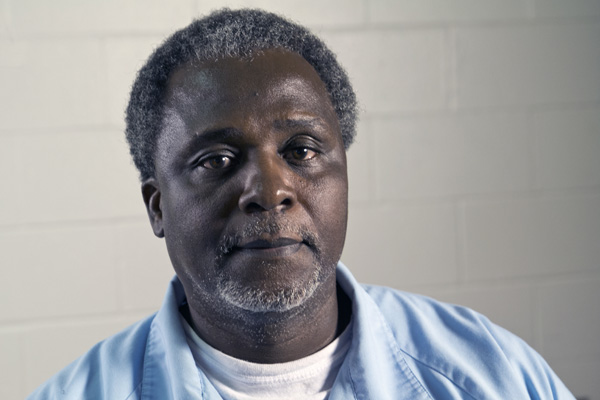A death row prisoner walks free from jail in a surprise exoneration nearly 48 hours before his scheduled execution. New evidence proving his innocence has come to light thanks to a university journalism professor and his crusading young students. Now police and prosecutors will receive overdue scrutiny for railroading suspects to prison or even death. Heartwarming tale, right? Except—guess what?—the do-gooders are just as twisted as the cops, and the exonerated man may actually be guilty as hell, as this documentary suggests.
This is the true crime story, mapped out in excruciating detail, of a 1982 Chicago double murder and the botched six-ways-from-Sunday legal case that followed. The film arrives at an opportune moment as America wakes up to police misconduct and questions policies of mass incarceration. But it may not provide the assurance some want.
David Protess, a leader of the Innocence Project and a professor at Northwestern University’s Medill School of Journalism, led the campaign to spring sentenced murderer Anthony Porter. The film argues that Protess and his allies carried out a campaign of intimidation, fraud, and selective reading of evidence that beats anything crooked Chicago cops could dream up.
Directors Shawn Rech and Brandon Kimber stage detailed reenactments of the shootings that took place at an outdoor swimming pool after a South Side parade. They interview lawyers, detectives, and prosecutors. Anthony Porter makes appearances on camera, as does Alstory Simon, the man sentenced for the murders so Porter could go free.
As laid out here, setting Simon up was scarily easy. Protess and his students ignored witnesses who would have put Simon in the clear. Simon’s bitter ex-wife and nephew were happy to incriminate him for reasons of their own. An original witness in the case recanted earlier testimony implicating Porter for the utterly lame reason that he wanted Protess and the students to stop pestering him. And Protess and an accomplice committed a truly hair-raising act to sway the outcome of a new trial.
The film makes its way through this rogue’s gallery with an uneven pace. It’s hard to keep track of multiple witnesses and details. Some testimony feels repetitive, and the one-note, ominous musical score bogs down the action. Additionally, viewers are provided little context for race relations and the highly charged policing in Chicago. In a movie where everyone seems to be lying, the film arouses the uneasy suspicion that we’re being played, too. But A Murder in the Park derives a crude power from the sheer spectacle of cruelty, incompetence, and falsehood unfolding on screen.
The film indicts the judicial system. More than an exposé, it ends up as a condemnation of something arbitrary and sinister: the never-ending torrent of human folly and betrayal that leads the innocent to jail and lets the guilty walk away. After this Murder, you may need a shower.







Leave A Comment